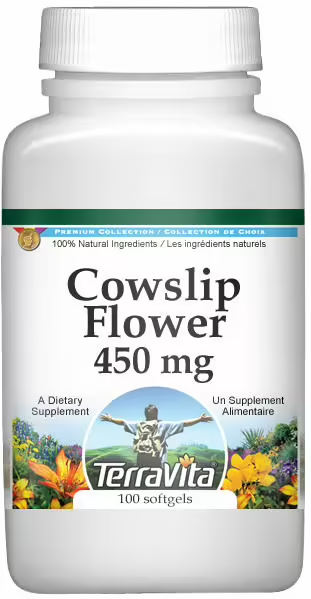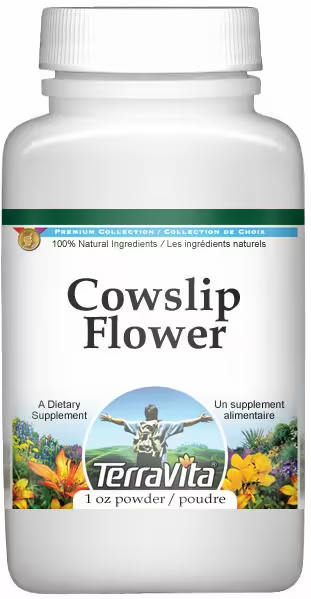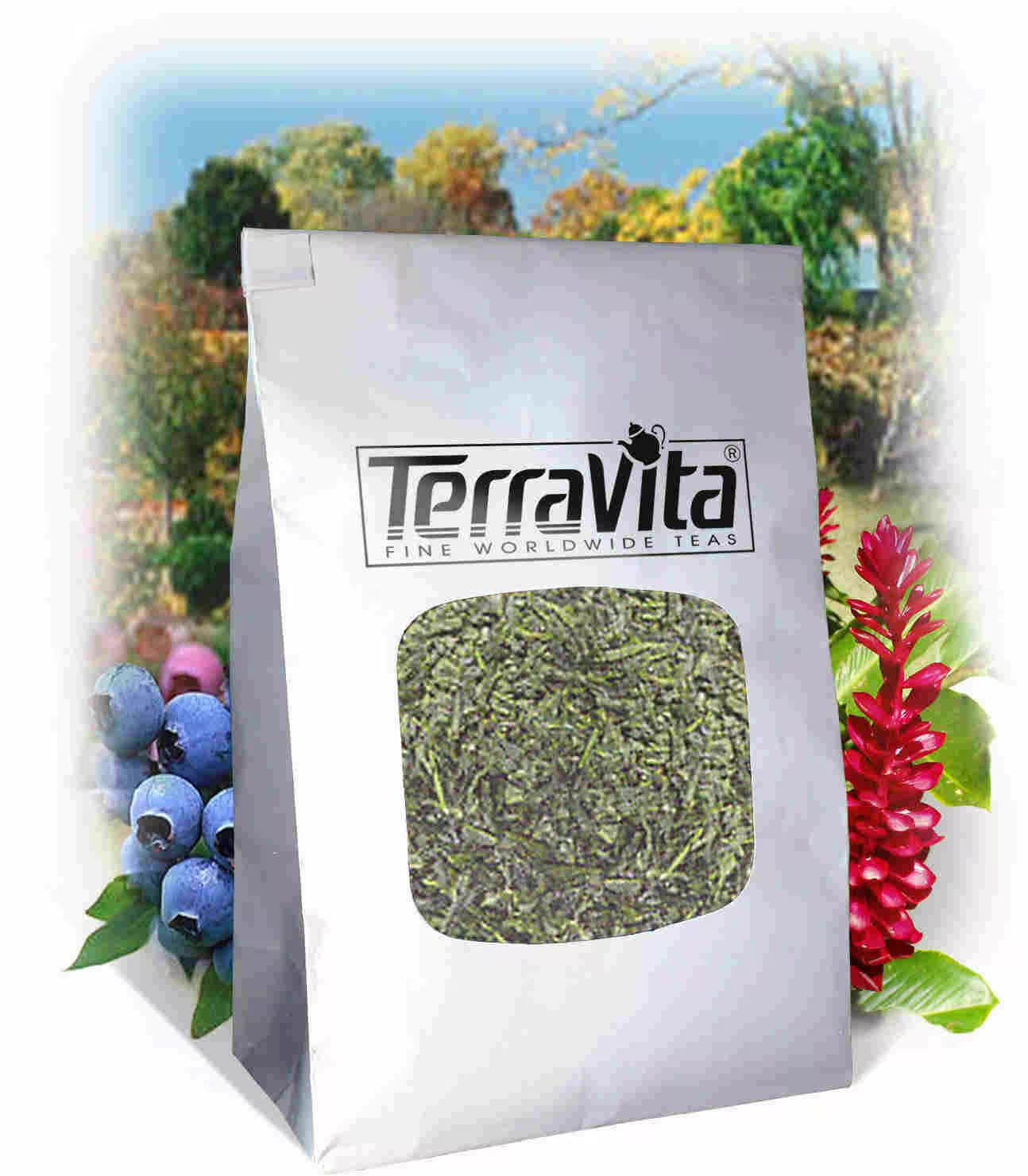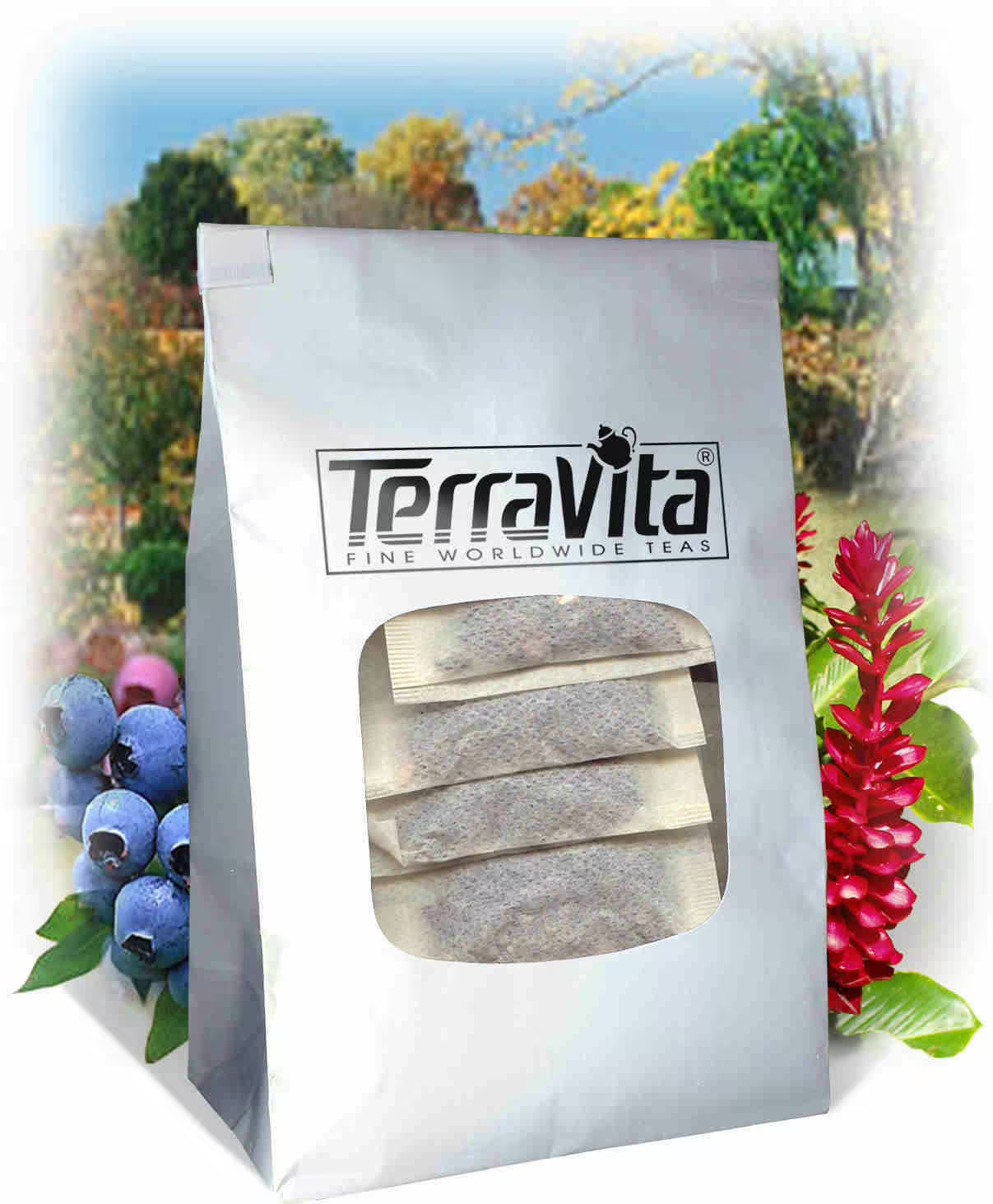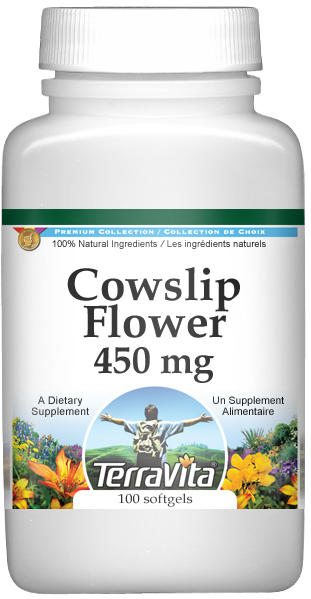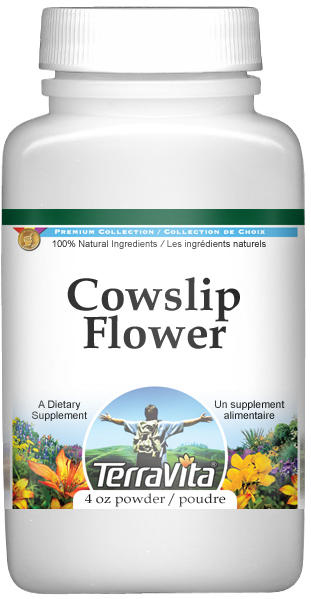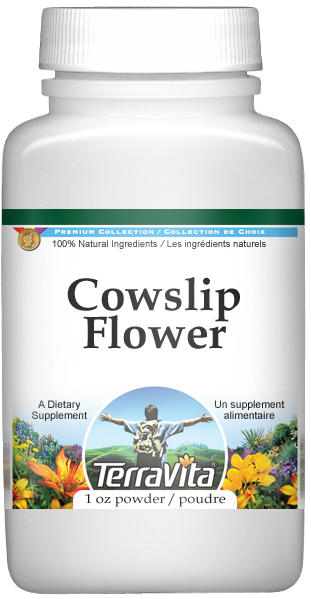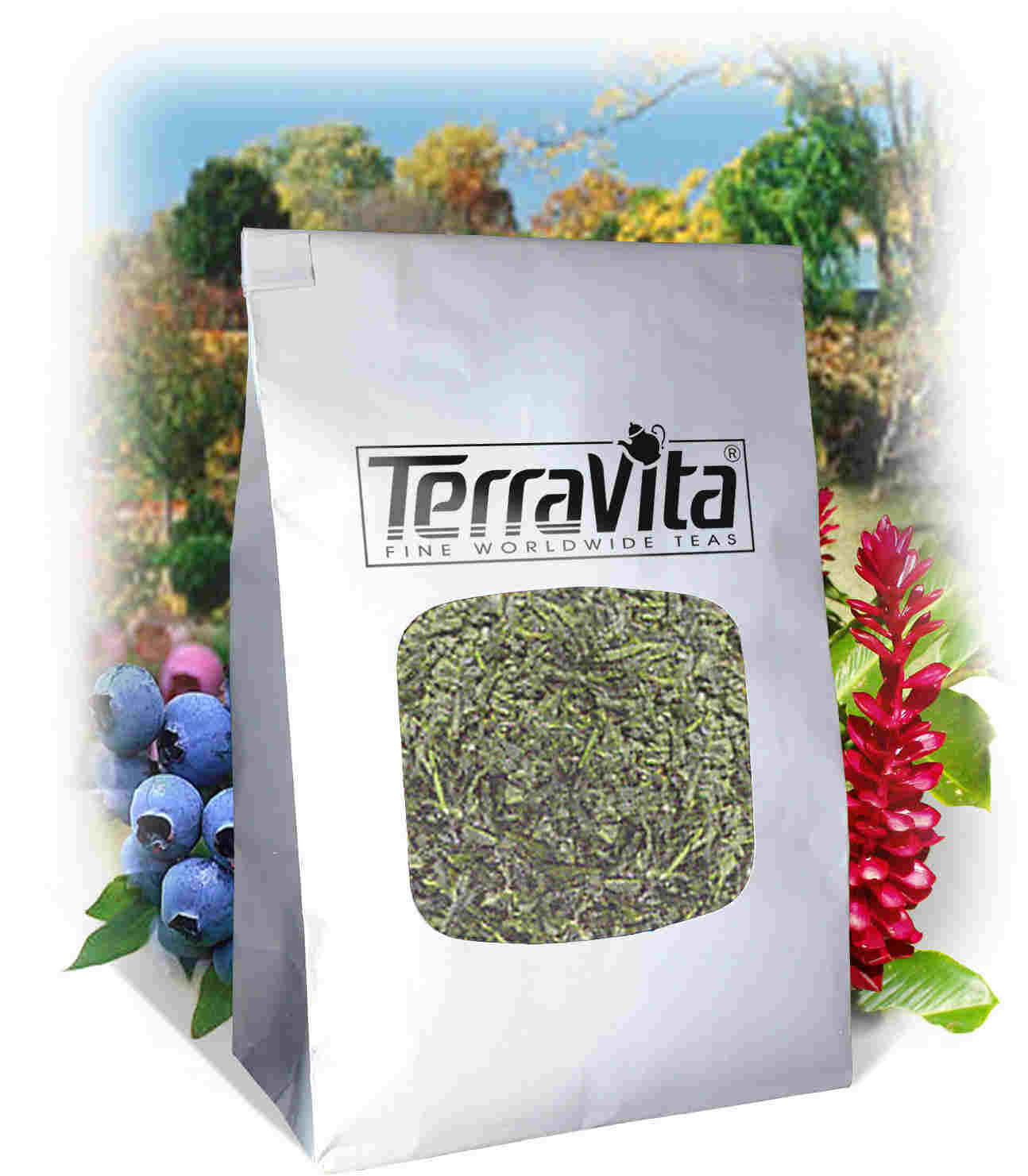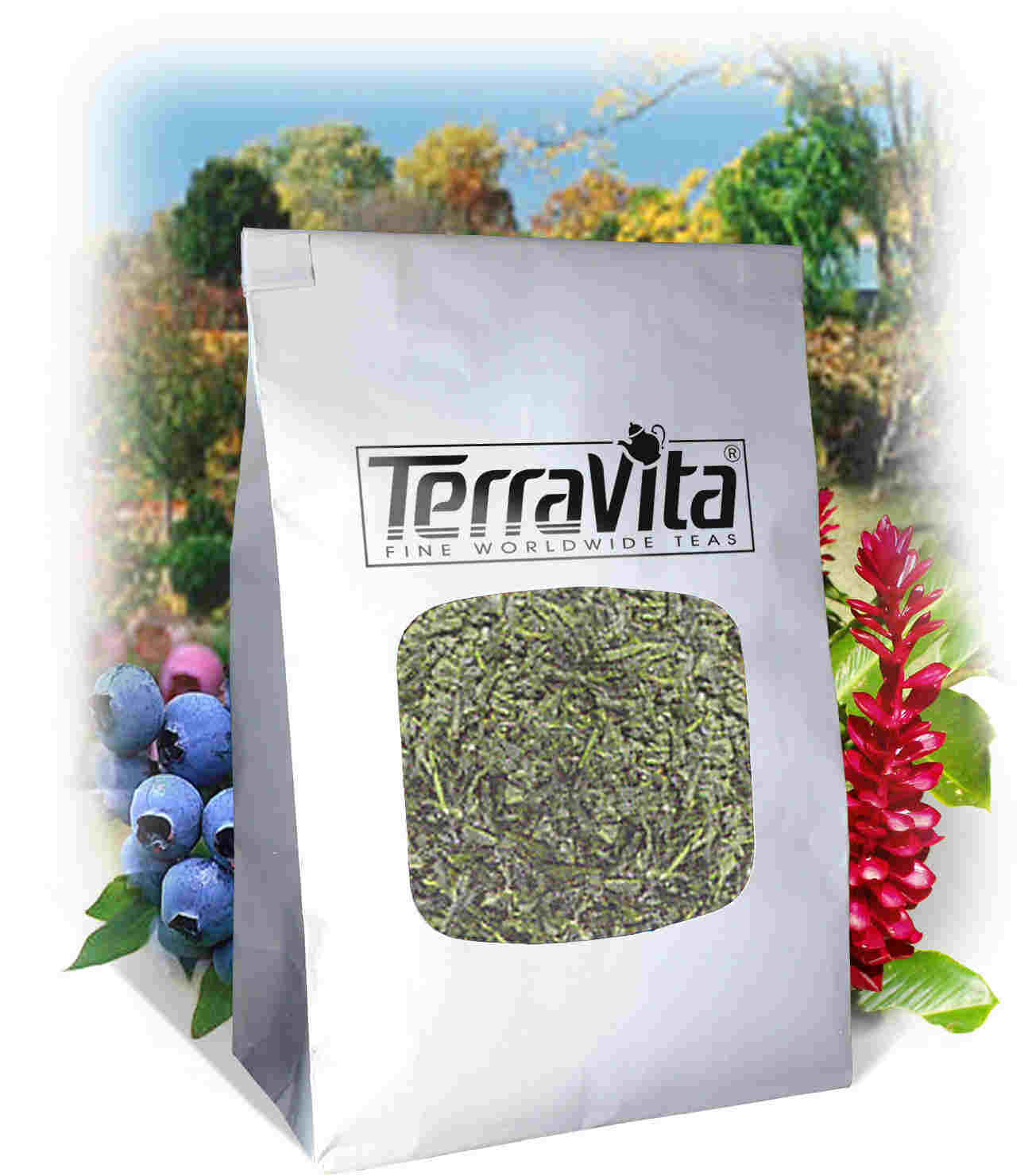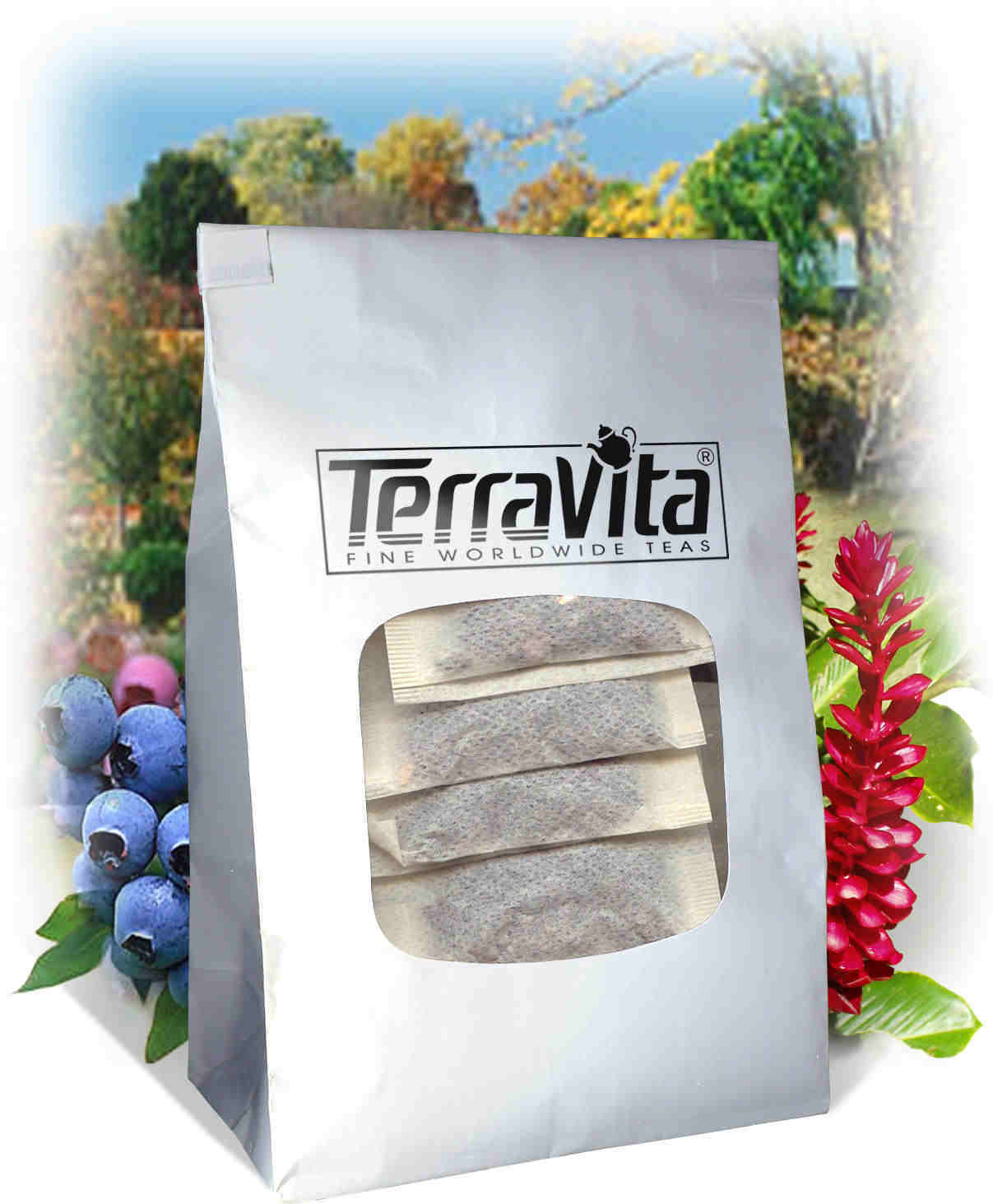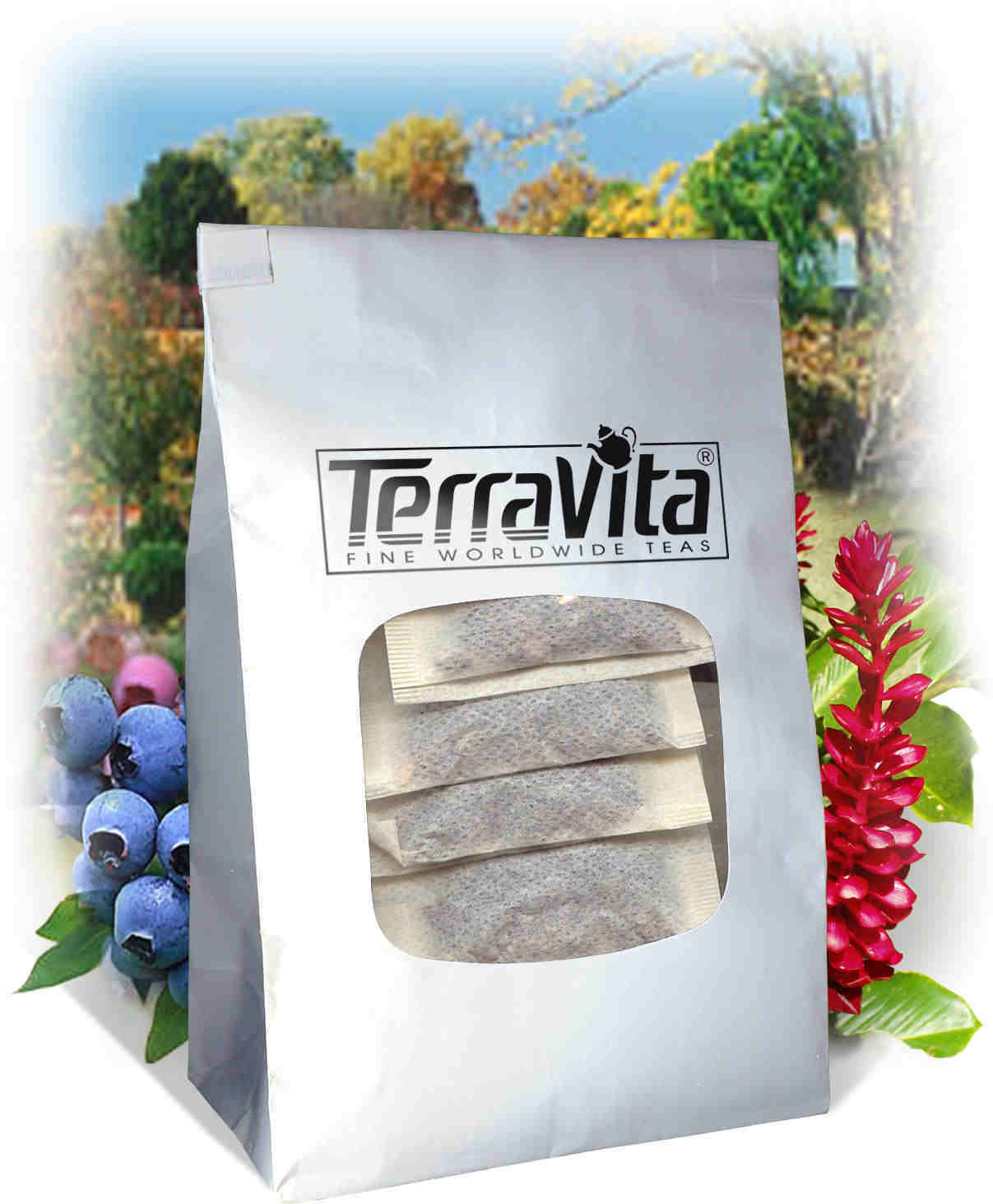Cowslip Flower
| Images | Product Name | Size | ZIN | Price | Quantity | Add to Cart |
| Cowslip Flower - 450 mg | 100 capsules | 514741 | $20.37 | |||
| Cowslip Flower Powder | 4 oz | 514742 | $29.52 | |||
| 1 oz | 514743 | $15.15 | ||||
| Cowslip Flower Tea (Loose) | 4 oz | 514744 | $29.25 | |||
| 8 oz | 514745 | $41.51 | ||||
| Cowslip Flower Tea | 25 tea bags | 514746 | $21.07 | |||
| 50 tea bags | 514747 | $27.12 | ||||
| Cowslip Flower Glycerite Liquid Extract (1:5) | 1 oz - No Flavor | 522342 | $20.94 | |||
| 1 oz - Strawberry | 522343 | $23.15 | ||||
| 1 oz - Vanilla | 522344 | $23.15 | ||||
| 1 oz - Chocolate | 522345 | $23.15 | ||||
| 1 oz - Mint | 522346 | $23.15 |
TerraVita is an exclusive line of premium-quality, natural source products that use only the finest, purest and most potent ingredients found around the world. TerraVita is hallmarked by the highest possible standards of purity, potency, stability and freshness. All of our products are prepared with the highest elements of quality control, from raw materials through the entire manufacturing process, up to and including the moment that the bottles or bags are sealed for freshness and shipped out to you. Our highest possible standards are certified by independent laboratories and backed by our personal guarantee.
TerraVita strives to make all of our products affordable and reliable and are constantly searching the market to maintain our affordability and to look for new ways to serve you and the ones you love. TerraVita has become a trusted household name for many families and can bring you and yours the very best herbal supplements, blends, teas and spices that are on the market today.
TerraVita is packed in tamper-proof, food-grade, recyclable containers.
ZooScape is proud to be the exclusive distributor of TerraVita teas, herbs and supplements in the United States, Canada and around the world. Please direct all wholesale and bulk inquiries to 1-844-449-0444.
TerraVita strives to make all of our products affordable and reliable and are constantly searching the market to maintain our affordability and to look for new ways to serve you and the ones you love. TerraVita has become a trusted household name for many families and can bring you and yours the very best herbal supplements, blends, teas and spices that are on the market today.
TerraVita is packed in tamper-proof, food-grade, recyclable containers.
ZooScape is proud to be the exclusive distributor of TerraVita teas, herbs and supplements in the United States, Canada and around the world. Please direct all wholesale and bulk inquiries to 1-844-449-0444.
These statements have not been evaluated by the Food and Drug Administration (FDA). Products are intended to support general well being and are not intended to treat, diagnose, prevent, or cure any condition or disease.
